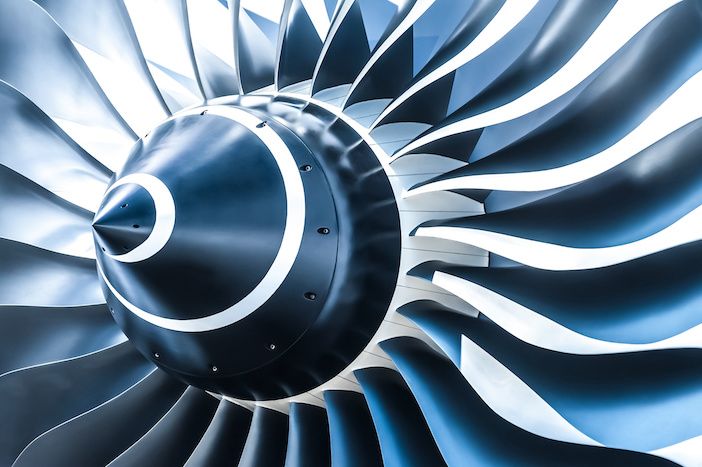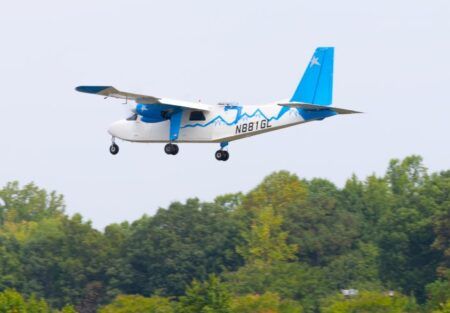The UK Government is to spend £20 million on devising regulations and roadmaps for the introduction of autonomous drone services and eVTOL aircraft.
The country’s regulator, the Civil Aviation Authority (CAA) is to receive £16.5 million over the next 12 months to help devise standards that will enable drones to fly Beyond [the] Visual Line of Sight (BVLOS) of pilots for commercial applications, and progress plans to introduce eVTOL aircraft.
These commercial applications could include the delivery of medical supplies for the NHS, assisting police forces in combating crime, helping to inspect and survey critical infrastructure, and delivery services for businesses and communities across the country.
The UK Government’s new Regulatory Innovation Office (RIO) will work with the CAA to ensure the regulations are streamlined and encourage the commercialisation of drones and eVTOL aircraft services.
The standards will include a consultation on new standards and technologies for location sharing for drones and crewed aircraft so they can use the same airspace.
UK Science Minister, Lord Vallance said, “These regulatory reforms for drones – requiring all aircraft to share their location – will make drone operations safer and therefore speed up approvals, allowing them to operate near airports and simplifying their use for delivering medical supplies – while unlocking further commercial opportunities.
The UK Government is also simplifying regulations around drone operations by enabling 2-year airspace changes to make trials for drone services easier to run. Other changes will simplify regulations around emergency services so firefighters and paramedics can use drone services, and introduce noise exemptions for drone trials within the Airspace Change Process.
In addition, an industry group is being formed to advise on “how to unlock the benefits of future aviation technologies,” said the UK Government. The Minister for Aviation will co-chair the group, alongside Duncan Walker, CEO of drone company Skyports will co-chair the group alongside the aviation minister.
Walker said, “This investment will accelerate the development and deployment of innovative flight technologies, from complex drone operations to advanced air mobility solutions.
This includes publishing a piloted eVTOL “roadmap”, development of “drone pathways” for industry to follow, and consulting on the concept of operations for uncrewed traffic management and Detect and Avoid technology.
“This will make it quicker and easier for industry to prove the safety of these new technologies, deliver the necessary digital infrastructure and make sure that people, property and other aviation remain safe and secure when these new technologies fly in our skies.
Meanwihle, the Future Flight Challenge will receive up to £5 million from the Department for Transport and Innovate UK, to support industry initiatives aimed at turning these new technologies into profitable business that benefits communities and support growth. This will include regional demonstrations and supporting the development of commercial drone and eVTOL aircraft services.





